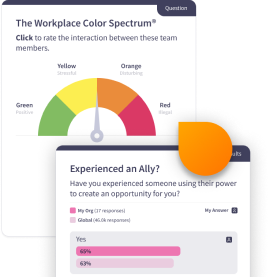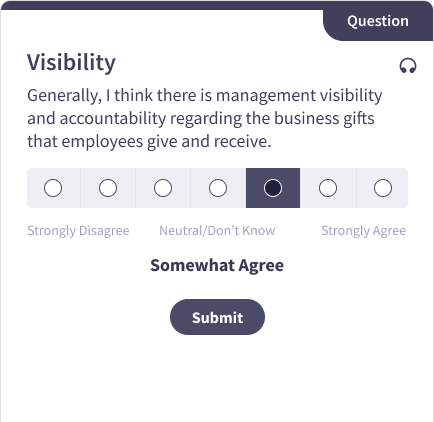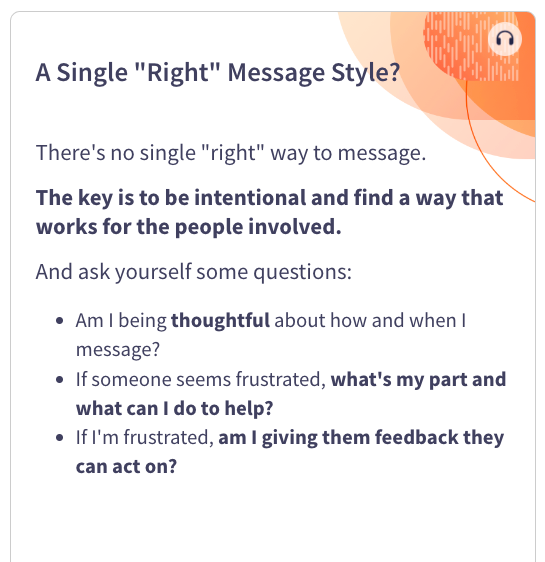
Building Allyship and Inclusion at Work
In 2020, support for the Black Lives Matter movement ignited a wave of protests and fervent demands for transformative action against racial injustice. The murder of Mr. Floyd deeply impacted us as individuals and as members of our work community. Nevertheless, it's crucial to acknowledge that the impact of such incidents is not uniform. It is our duty to address these matters within the workplace, fostering an environment of inclusivity and accountability.
Microlesson DescriptionIn this microlesson, we educate employees on why empathy matters in these situations. Employees must be aware that we view tragedies like this through the lens of our life experiences. This lesson is also equipped with an extensive list of resources on how to be an ally and understand the Black-American experience.
Key Concepts- How to rethink your words and actions given how they may be perceived
- How life experiences differ
- How your organization is impacted by recent events
- How to be an ally
Microlesson Features
- Employee sentiment pulsing questions that provide leaders with insights into their workforce's core cultural competencies
- Emtrain's Expert Answers tool, enabling employeees to submit anonymous questions about sensitive issues.
- Rich, contemporary video scences illustrating key concepts through realistic scenarios
- A data driven, skill-based approach to eLearning that establishes a shared language for employees.

Related Resources
Related Trainings
Frequently Asked Questions
Below are answers to common questions that employees and managers have about this topic. These FAQs provide a preview of what you’ll learn in this microlesson and why it matters.



